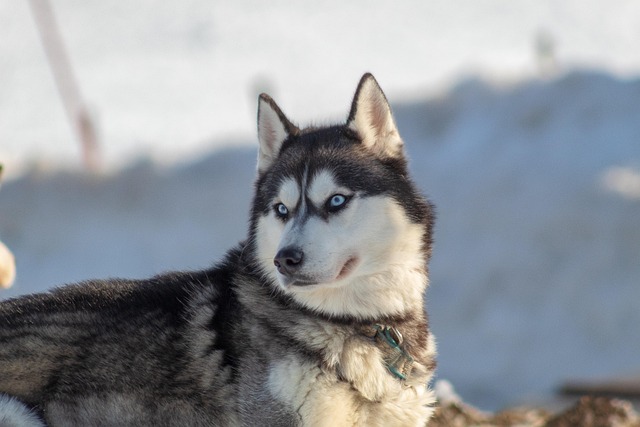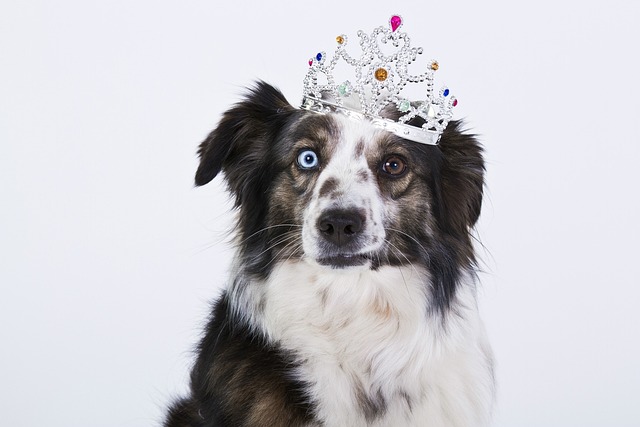
What causes liver failure in dogs?
The liver is one of the hardest-working organs in a dog’s body, processing nutrients, filtering out harmful substances, and keeping their system balanced.
Those striking blue eyes and playful antics make Huskies impossible to resist, but beneath their charismatic exterior lies a genetic makeup that leaves them prone to certain health issues. Knowing what to watch for isn’t just about peace of mind—it’s a crucial part of responsible pet ownership, ensuring you’re prepared to navigate any health bumps in the road while staying compliant with local animal welfare regulations.
One of the most prevalent concerns in Huskies is hip dysplasia. This genetic condition causes the hip joints to develop abnormally, leading to pain, lameness, and eventually arthritis. Puppies as young as a few months old can show symptoms, but it often progresses over time. Regular vet check-ups, especially X-rays during growth spurts, can catch early signs. While there’s no cure, managing weight through proper diet and controlled exercise helps reduce stress on the joints. Just remember, ignoring mobility issues violates animal cruelty laws in many regions—prompt veterinary care is a must.
Skin problems are another frequent offender. Huskies have thick double coats designed for cold climates, but this can trap moisture and allergens, leading to itching, rashes, and hot spots. Food allergies, particularly to common proteins like chicken or grains, are common culprits. Switching to limited-ingredient diets or hypoallergenic formulas often provides relief. If you notice your Husky constantly scratching or biting at their skin, avoid using human anti-itch creams—many contain ingredients toxic to dogs. Instead, consult your vet for safe, legal treatments.
 Eye conditions also plague the breed. Cataracts, which cloud the eye’s lens and impair vision, can develop as early as middle age. Progressive retinal atrophy (PRA), a degenerative disease leading to blindness, is unfortunately common too. Regular eye exams with a veterinary ophthalmologist are essential. Some insurance policies cover genetic eye conditions, but be sure to disclose your dog’s lineage honestly—fraudulent claims violate policy agreements and can leave you liable.
Eye conditions also plague the breed. Cataracts, which cloud the eye’s lens and impair vision, can develop as early as middle age. Progressive retinal atrophy (PRA), a degenerative disease leading to blindness, is unfortunately common too. Regular eye exams with a veterinary ophthalmologist are essential. Some insurance policies cover genetic eye conditions, but be sure to disclose your dog’s lineage honestly—fraudulent claims violate policy agreements and can leave you liable.
Gastrointestinal issues aren’t uncommon either. Huskies have sensitive stomachs and love gobbling up anything they find, from sticks to trash. This often leads to upset tummies, vomiting, or diarrhea. If symptoms last more than 24 hours or include blood, seek immediate veterinary care. While over-the-counter medications like Pepto-Bismol can provide temporary relief for mild cases, always check with your vet first—wrong dosages can cause more harm than good.
Maintaining your Husky’s dental health is equally vital. Periodontal disease, characterized by gum inflammation and tooth decay, affects nearly 80% of dogs by age three. Brushing their teeth daily with dog-specific toothpaste (never human toothpaste, which contains harmful fluoride) and providing dental chews helps prevent buildup. Neglecting oral care not only causes pain but can lead to systemic infections, violating standards of proper pet care.
Owning a Husky is a rewarding journey, but it comes with responsibilities. Staying informed about these common illnesses, adhering to local animal welfare laws, and partnering closely with your vet ensures your energetic companion lives a long, healthy life. After all, those tail-wagging greetings and snowy adventures are worth every bit of care and preparation.

The liver is one of the hardest-working organs in a dog’s body, processing nutrients, filtering out harmful substances, and keeping their system balanced.

If you’ve ever stood in the pet store aisle, staring at bottles of dog vitamins labeled “immune support” or “shiny coat,” you might’ve wondered if your pup really needs them.

If you’ve ever thought about swapping your dog’s kibble for something homemade, you might’ve worried: “Will I get the nutrients right?”

If you’ve ever watched your dog tilt their head like they’re confused, or scratch at their ear until they whimper, you might be seeing signs of an ear infection.

Golden Retrievers, with their lush coats and playful spirits, often steal hearts in parks and homes alike. But that same thick fur that makes them so cuddly can sometimes be a double-edged sword when it comes to skin health.

If you’ve ever left a friend’s house with a dog and spent the next hour sneezing, your eyes red and watery, you’ve probably wondered when the discomfort will end.